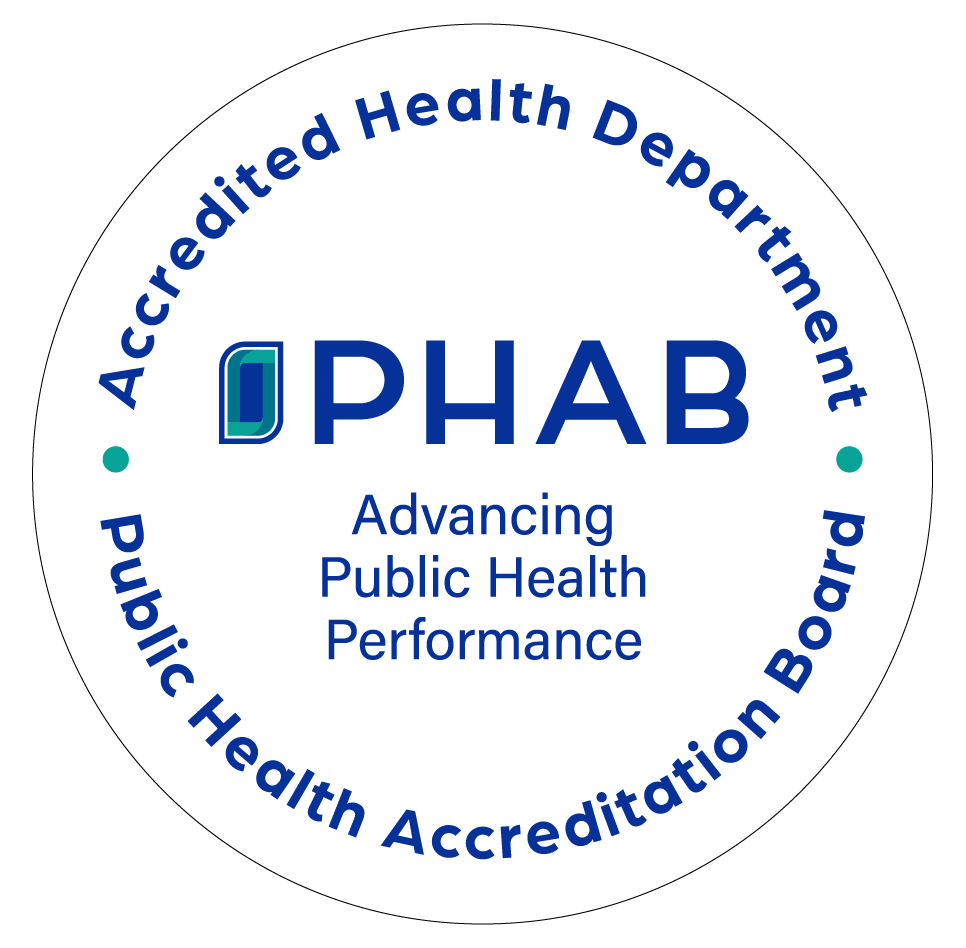
Know your numbers – Your wellness is worth it!
Knowing data about our own bodies and health – our own numbers – is a key factor in becoming and staying healthy.
Some numbers are obvious and we know well. Age? Check. Height? Check. Weight? Check. Other numbers are also very important. Do you know your blood pressure? Waist measurement? Cholesterol levels? How many stairs you can walk up before feeling out of breath?
Below is information you can determine yourself or ask your doctor about.
Our Health Center offers complete medical, dental, and behavioral healthcare. Need a doctor or nurse practitioner? Call us at 330-723-9688, option 1.
Health Department Resources
Medina County District Library
Need a blood pressure monitor? The Medina County District Library (MCHL) can help. MCDL’s Tools and Tech collection features items you may need only once, or would like to try before you buy! It includes items many patrons have asked for as well as some you never knew you needed. Tools and Tech items are loaned for 14 days, limit one item per library card, and may not be renewed or reserved in advance.
National Health Observances
National Health Observances (NHOs) are special days, weeks, or months dedicated to raising awareness about important health topics.
What can employers do?
You can help improve the health of your employees and create healthier communities by promoting physical activity in your workplace and surrounding community.
Cholesterol
Your cholesterol levels show how much cholesterol is circulating in your blood. Your HDL (“good” cholesterol) is the one number you want to be high (ideally above 60). Your LDL (“bad” cholesterol) should be below 100. Your total should be below 200. Talk with your provider about what your results mean for you and how to manage your cholesterol.
Blood Sugar (Diabetes)
Diabetes is a condition that happens when your blood sugar (glucose) is too high. It develops when your pancreas doesn’t make enough insulin or any at all, or when your body isn’t responding to the effects of insulin properly. Diabetes affects people of all ages. Most forms of diabetes are chronic (lifelong), and all forms are manageable with medications and/or lifestyle changes.
High Blood Pressure
Blood pressure is the amount of force your blood uses to get through your arteries. When your heart pumps, it uses force to push oxygen-rich blood out to your arteries. They bring it to your body’s cells and tissues. If your blood pressure is too high, it can cause health issues. The only way to know your blood pressure is to measure it.




